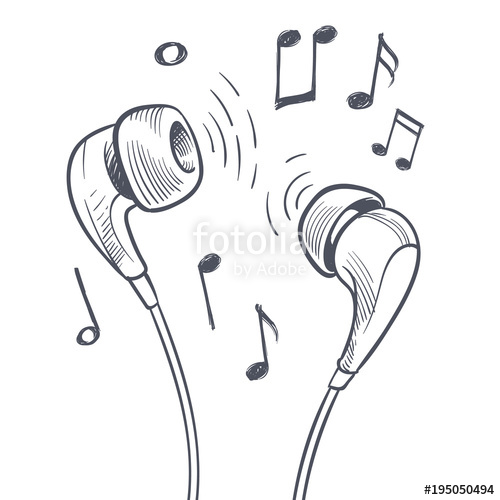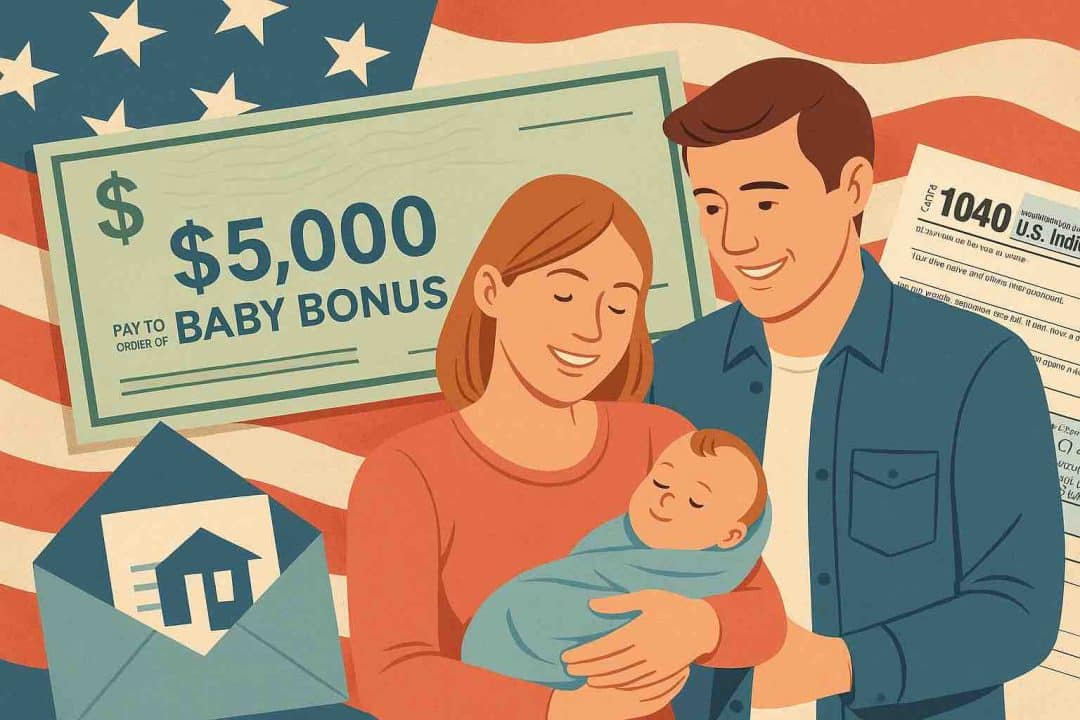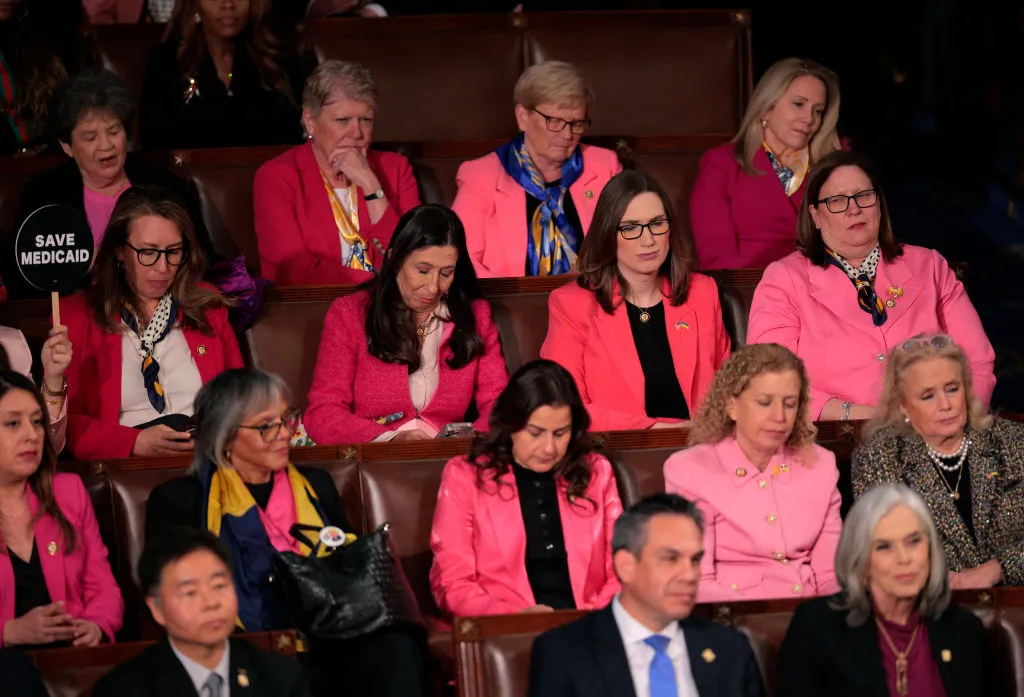Music’s Transformation: Emotional to Mundane

November 6, 2019
I want you to think back to your pre-teen years. No, I’m not talking about the times when you gossiped with friends at the mall while browsing through Claire’s latest Silly Band collection, but, rather, the “emo phase” that seemed to relate to teenagers everywhere.
The formal definition of an emo person is someone who is overly sensitive and full of angst; usually wearing dark clothing. Yet for us, it was simply a time of too much eyeliner, edgy clothes, a Hot Topic membership, and a rebellious attitude.
Many highschoolers try to deny it, but we all share one common attribute: our emo phases. Think back to the time where you’d lock yourself in your bedroom, blasting My Chemical Romance while deciding what pair of black ripped jeans and dark long-sleeved shirt you’d wear out tonight while adding an extra layer of thick black eyeliner to your already dark-rimmed eyes. Sound familiar?
This emo stage was the “vsco” or “e-boy/girl” style of our pre-teen years. It was simply the trend. Yet this period was more than edgy clothes and sinister eye makeup; it was a time of heartfelt music.
My Chemical Romance, Panic at the Disco, Blink 182, Twenty One Pilots, Green Day, Fall Out Boy, Queen–just a few of the bands that characterized our childhood. All of these bands were known for spitting out heartfelt lyrics that truly expressed the hardships many can relate to.
Nowadays artists only seem to sing about surface-level topics. You turn on the radio and hear Taylor Swift complain about yet another breakup or Shawn Mendes describing the physical beauty of a girl. Both examples barely scratch the surface on any form of deeper meaning. What’s the point of it all? Music is a form of expression, a way to convey the basis of human existence. It’s a way to voice love, anger, hurt, sorrow. So why has this beautifully unique way of expressing emotion been reduced to ridiculous breakups?
One would think that with pop music steadily declining with superficial topics, at least the classic emo artists would stay true to the emphasis on emotion, yet it appears that even they have fallen treacherous to the allure of “popular music.”
Let’s take Panic at the Disco for example. Not only have they revamped the Queen classic “Bohemian Rhapsody” for publicity, but Brendon recently partnered with Taylor Swift for the hit song “Me.” Now, this team-up isn’t necessarily a bad song; it just lacks the classic Brendon Urie vibes that we all know and love. If you played “I Write Sins Not Tragedies” and “Me” right next to one another, it’s hard to recognize the singer as the same person. It’s not Brendon’s voice that has changed, but rather the content being sung.
Or even Blink 182. They recently released a new album called Nine on September 20, 2019. To say fans were dissatisfied would be an understatement; we were devastated. The band we all grew up with gave us songs that were so similar to one another that I honestly couldn’t tell when one song ended and another began. As Pitchfork put it, this new album “feels half as fun as the band used to be.” Again, the album isn’t necessarily bad, it’s just not the type of music that originally ignited our love for the band. For instance, half the lyrics of these songs consist of the title being repeated over and over and over again. I miss the days when you’d listen to a good Blink 182 song, wonder what the name was, only to find out it’s called “Adam’s Song” which was never a lyric in the first place.
I understand that the artists seek to gain publicity and these songs are considered “in”, but fans loved their original content for a reason. We fell in love with these bands because of their deep, emotional words. We get that Brendon Urie “promises you’ll never find another like me” but we would’ve understood that the first time he sang it. But what does it mean to “be the only one of me?” What did the artist experience to realize this? What context does this realization originate from? Fans love the emotional explanation, not the same phrase stuck on repeat.
People nowadays may laugh at their past emo phases and make fun of their emotional selves, but let’s face it, at least we had quality music back then. Kids were “emo” because we felt such a deep personal connection to their words that we could feel it resonate within us. Our emo phases may be over, but is that a good thing? We no longer feel this deep pull towards music with these arbitrary lyrics, which in turn has made us immune to emotion.
Even Twenty One Pilots acknowledged this change in their song “Screen”, and I quote “if I flow on a song I’ll get no radio play.” One of our beloved artists recognizes it, so why can’t we all? Why can’t we play emotional music on the radio that the public can actually relate to? Why is publicity discouraging music that actually appeals to humanity on a deeper level?
I’m not suggesting we bring back everyone’s emo phases (even I regret wearing that much eyeliner!), but rather let’s revive the times of emotional music. Let’s bring back the music that actually made us feel something. Forget silly breakups and long-winded descriptions of physical beauty. Let’s revive the music that spoke to our souls. Isn’t that what music should really be about?








